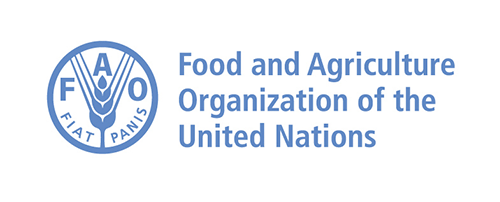The FAO Legal Office provides in-house counsel in accordance with the Basic Texts of the Organization, gives legal advisory services to FAO members, assists in the formulation of treaties on food and agriculture, for which the Director-General acts as Depositary, publishes legal studies and maintains a database (FAOLEX) of national legislation and international agreements concerning food and agriculture (including fisheries, forestry and water).
Members:
Resources
Displaying 2156 - 2160 of 15550Land Acquisition Act [Chapter 20:10].
This Act concerns the acquisition of land for public purposes. The Act (46 sections, 1 Schedule) is divided into 9 Parts: Preliminary (I), Acquisition of land (II), Procedure for compulsory acquisition of land (III), Claims for assessment and payment of compensation (V), Compensation for agricultural land required for resettlement purposes Va), Derelict Land Board (VI), Provisions relating to derelict land (VII), Special provisions relating to the Administrative Court (VIII), General (IX).
Commission on Decolonization for the Implementation and Exercise of Chamorro Self Determination – Chapter 21 of Title 1 GCA – “General Provisions”.
This Chapter establishes a Commission on Decolonization for the Implementation and Exercise of Guam Self-Determination for the Native Inhabitants of Guam and defines its functions and powers and internal organization. The Commission shall be instrumental in the process of succession in colonial power by the United States over the lands and the people of Guam.
Access to Neighbouring Land Act 2000.
This Act concerns servitude and the right of passage on other people’s land for the purpose of carrying out works on one’s own land or on utility services on that land. The Act provides for the legal procedures for implementing such rights.
Land Registration Rules, 1972.
These Regulations provide for various matters relating to the registration of land.
Agrarian Development Act, No. 46 of 2000.
This Act provides for the protection of the tenant cultivator's rights from any abuse or prevarication by the landowner. It prescribes the right of the tenant to be the first one informed about the sale of the paddy land he/she is cultivating, it forbids unlawful eviction from the cultivated land, it provides for the payment of rent and the exemption from payment in case paddy land has not been cultivated or has not produced any agricultural commodities for force majeure.


